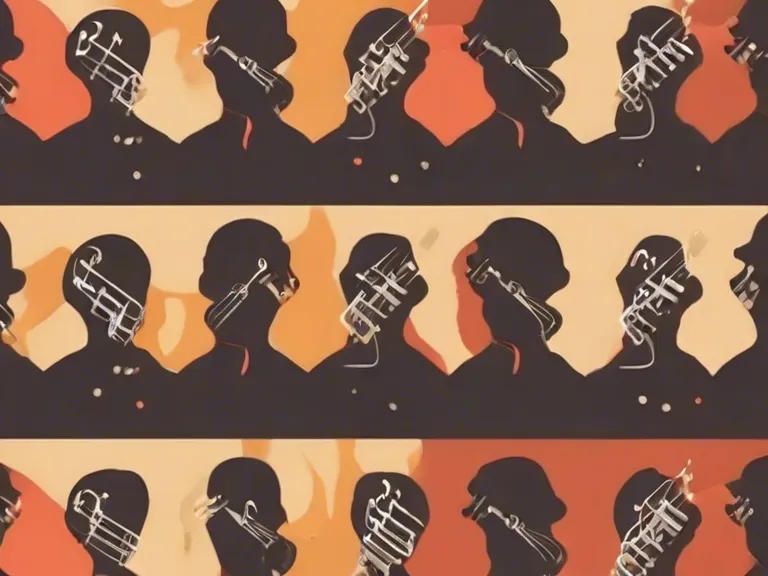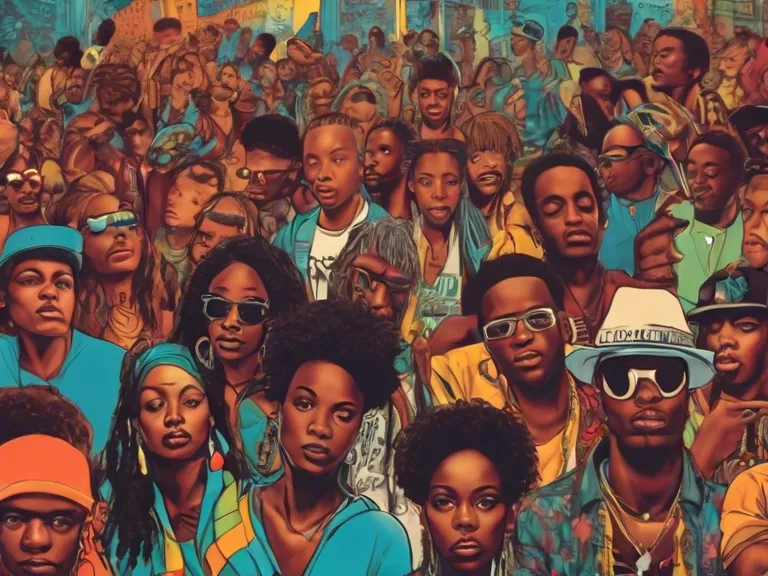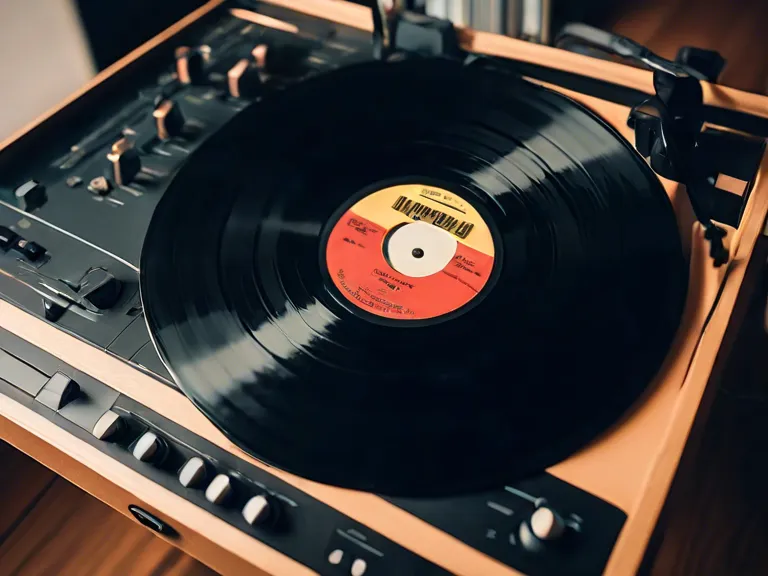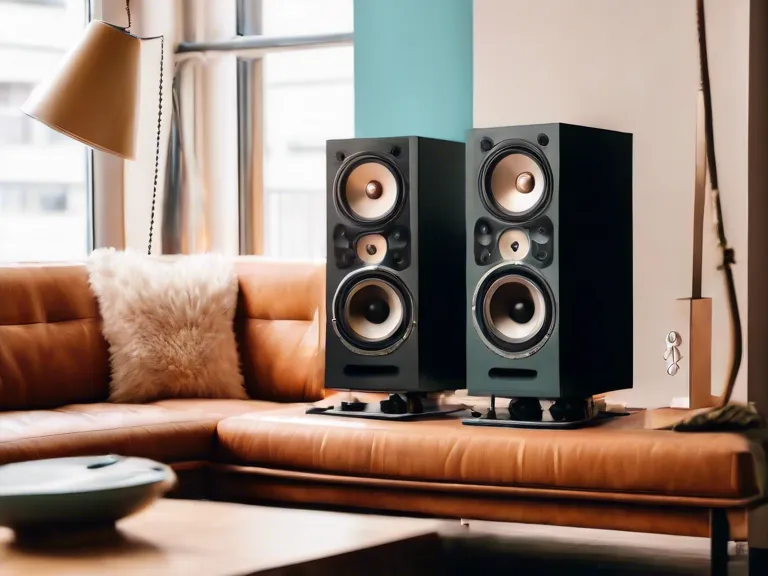
Music has always played a significant role in shaping personal and collective identities. From the songs we relate to in our formative years to the anthems that unite entire communities, music has the power to evoke emotions, memories, and a sense of belonging. Whether it’s through lyrics that resonate with our experiences or melodies that capture a particular cultural essence, music has the ability to influence how we perceive ourselves and the world around us.
On a personal level, music has the potential to shape our individual identities by providing a soundtrack to our lives. We often associate certain songs or genres with specific moments or emotions, creating a connection between our personal experiences and the music we listen to. This connection can influence our sense of self, helping us to express our emotions and values in ways that words alone cannot.
Music also plays a crucial role in shaping collective identities, bringing together individuals who share a common culture, language, or heritage. National anthems, protest songs, and cultural music traditions all serve to unite people and create a sense of belonging to a larger community. These shared musical experiences can strengthen bonds between individuals and foster a sense of pride and solidarity.
In addition to shaping personal and collective identities, music can also challenge existing stereotypes and promote social change. Through their lyrics and messages, musicians have the ability to raise awareness about social issues, advocate for marginalized communities, and inspire listeners to take action. Music has the power to transcend barriers and bring people together in pursuit of a common goal.
In conclusion, the role of music in shaping personal and collective identities cannot be underestimated. Whether through its ability to evoke emotions, unite communities, or promote social change, music has a profound impact on how we see ourselves and the world around us. By recognizing and celebrating the diverse ways in which music influences our identities, we can appreciate the power of this universal language.


